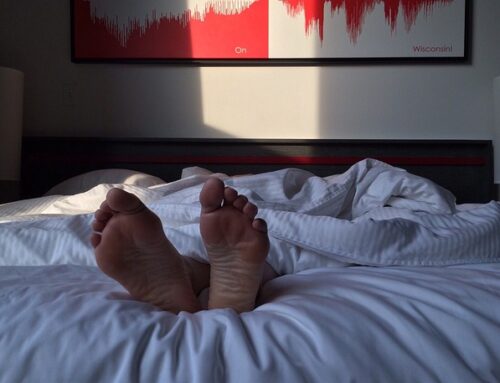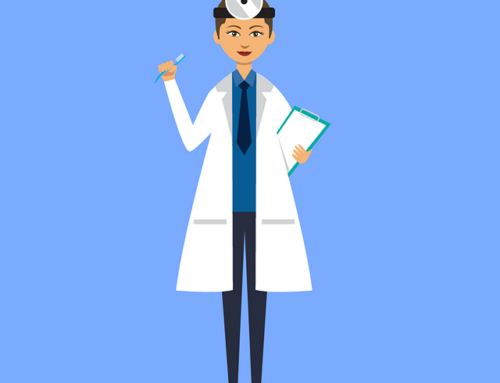As we end 2021, it makes sense to go back to the basics. And, as you may already feel, as dentists we want to make sure we know everything we can about how to treat our patients. For dental sleep medicine specialists, that means we need to know the facts about sleep apnea to better care for our patients.
To help you better understand the needs for providing our patients with sleep apnea treatment, I have compiled some helpful–and interesting–facts. Here are some sleep apnea facts you can bring back to your team and your patients.
Undiagnosed sleep apnea
Despite having clear signs and symptoms, many patients with obstructive sleep apnea go undiagnosed. The negative effects of not treatment sleep apnea are evident:
- On average, a patient goes seven years without proper treatment.
- During those seven years, patients visit their family physician about 17 times and sub-specialists about nine times.
- Undiagnosed sleep apnea causes worsening of symptoms and health conditions.
Health complications exist
Comorbidities of sleep apnea have been shown to include a number of health conditions, including:
- High blood pressure.
- Heart disease.
- Type 2 diabetes.
- Acid reflux.
- Obesity.
Performance, safety and quality of life
Sleep loss and sleep apnea affect an individual’s performance, safety and quality of life – causing a financial burden on healthcare and productivity.
- Almost 20% of all serious car crash injuries in the general population are associated with driver sleepiness.
- When sleep apnea is not treated, it is far more costly than it would be to deliver adequate treatments.
- Each year, hundreds of billions of dollars are spent on direct medical costs.
- Compared to healthy individuals, those who suffer from sleep loss and sleep disorders are less productive.
- Today, most patients do not go under surgery for treatment. Instead, most are treated with an oral appliance as the leading form of sleep apnea treatment due to their convenience and ease of use.
- The availability of custom-made oral appliances ensures accuracy and the best results.
- The largest numbers of patients that suffer from sleep apnea are in the mild to moderate categories, which should be treated with oral appliances.
- Understanding the importance of oral appliance therapy is vital in the treatment of sleep apnea.
Incorporating sleep apnea treatment into your practice, helps improve the services you offer in addition to helping improve your patients’ overall health.





